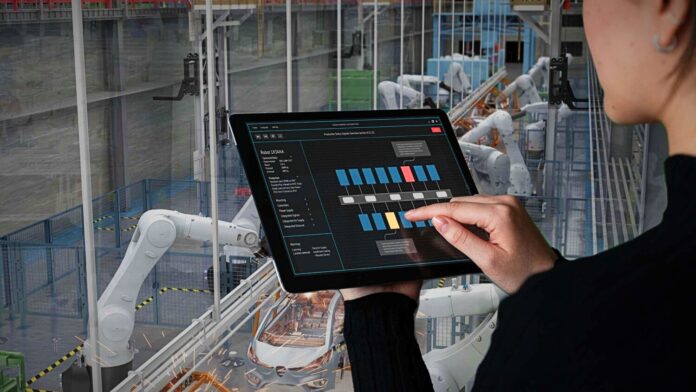Telstra has deployed a private 5G network for industrial tech organisation AgriFood Connect in Australia. It has worked with Ericsson on the deployment; it is the Swedish vendor’s first private-5G install in Australia. AgriFood Connect is a not-for-profit seeking to drive tech adoption in the agriculture and manufacturing industries. The new setup works “in partnership with Telstra’s existing network capabilities”, the operator said.
The deal was announced last month; it has been followed in Ericsson’s press archives by a new arrangement with Deutsche Telekom to underpin its new campus network portfolio, based on a local 5G infrastructure available exclusively for customers’ digital applications. Deutsche Telekom is using Ericsson’s private 5G radio and core networking platforms to stand-up local campus setups, it said.
The deal with Telstra in Australia is geared around the same private 5G platform bundle, also incorporating private LTE-based installs. A statement from Ericsson said: “Using a single server 5G dedicated network based on a dual mode core, Ericsson’s private 5G [product] facilitates both LTE and 5G Standalone (SA) simultaneously.” Telstra and AgriFood Connect have already deployed industrial IoT capabilities over a private 5G SA setup.
AgriFood Connect is a joint initiative between Australian engineering firm FKG Group, alongside the University of Queensland and Telstra; it was conceived to bring together academia, governments, investors, large corporations, and start-ups to drive industrial change. It is located within the technology and innovation hub of the AATLIS science and tech park, billed as a ”collaborative solutions precinct”, in Toowoomba, in the Darling Downs, in Queensland.
The new infrastructure is taking streaming data from industrial machinery, including for condition monitoring and (presumably) operational purposes. Ericsson set out the short-term objectives for industrial IoT: “These sorts of capabilities will enable features such as predictive maintenance alerts that will drive cost savings against unplanned downtime and repairs.”
Ericsson said other standard Industry 4.0 use cases are on the cards, including for autonomous mobile robots (AMRs), unmanned aerial vehicles (UAVs; drones), and sundry artificial intelligence (AI) and augmented and virtual reality (AR and VR) applications, devised to bring higher-grade automation and intelligence to industrial operations. It said it will rope-in its Industry 4.0 partner ecosystem in support.
Thomas Hall, chief executive at AgriFood Connect, said: “Australia’s agriculture and advanced manufacturing industries will play a pivotal role in Australia’s economic growth. We are focussed on supporting businesses in defining their challenges within the agri-food value chain… We identify the right solutions for businesses in areas including digital transformation and operational enhancement. Utilising advanced technologies like the dedicated 5G network will help demonstrate the latest advancement technology innovations.”
Iskra Nikolova, executive for network and infrastructure at Telstra, commented: “Challenging locations in regional Australia, where there is comparatively limited backhaul capacity, will greatly benefit from this technology. For example, a remote farming or a manufacturing business could embrace the latest advancements in video analytics and IoT connectivity, almost regardless of their location, with the data processed on site.”
Emilio Romeo, head of Ericsson in Australia and New Zealand, said: “This world-first deployment in partnership with Telstra represents an important step towards automation and control through intelligent 5G connectivity. The private 5G platform will enable emerging industrial use cases across multiple verticals such as autonomous mobile robots (AMRs), AI, automation, drone technology, augmented reality and virtual reality, and many more innovative 5G use cases made available through Ericsson’s robust Industry 4.0 partner ecosystem.”

